Auburn Reporter
By: Robert Whale
The state Supreme Court "missed the mark" recently when it found the voter-approved initiative that created charter schools in the state unconstitutional.
In so doing, State Sen. Joe Fain, R-Auburn, told members of the Kiwanis Club at its Sept. 17 luncheon at Longhorn Barbecue, the high court once again revealed a troubling trend toward judicial activism.
Speaking rapidly, seamlessly, the two-term senator placed the recent 6-3 ruling within the context of other decisions, including that on the state minimum wage and the 2012 McCleary ruling.
While Fain said he "very much agreed" with the McCleary ruling, which found that the state was not living up to its paramount duty to fund public K-12 education, he is deeply troubled by a number of the court's other decisions.
"This particular Supreme Court has really stepped out onto the ledge in terms of its level of activism," Fain said. "I don't say that as a pejorative, but this court has been much more philosophical in terms of the rulings it has handed down."
After voters approved Initiative 1240, the Teachers Union, the League of Women Voters, the NAACP, Centro de la Raza and other groups got together and filed a lawsuit suit against the state to invalidate the initiative.
By that time, Fain said, the new law was already working. Within recent weeks of his speech, he noted, seven additional charter schools had come on line. Most such schools are chartered through the state, under the aegis of the Charter School Commission.
"In its recent decision, the state Supreme Court overruled an earlier King County Superior Court decision, which had said that charter schools weren't what's called 'common schools,' but that didn't necessarily invalidate them from receiving state money just like other programs do," Fain said.
The crux of the matter, Fain said, is the meaning of "common schools" with respect to the three state funds that provide money for schools: the Common Schools Fund; the state tax for schools: and the common school construction fund.
Quoting from the state constitution, Fain read: "The legislature shall provide for a general and uniform system of public schools. The public school system shall include common schools and such high schools, normal schools and technical schools as may hereafter be established, but the entire revenue derived from the common school fund and the state tax for common schools shall be used exclusively by the common schools."
He said the Supreme Court hung its hat on that last point.
The Common School Construction Fund is dedicated to capital construction for common schools, and King County's earlier ruling so agreed, he said.
But the recent Supreme Court decision, he said, declared that nothing from any of the three funds can go to charter schools.
"The reason I find it a little bit troubling is that under the original constitution, even high schools are not considered common schools. That creates a question about what the framers really intended by the term 'common schools,'" Fain said.
The larger issue, Fain continued, is that the three funds add up to about $2 billion, but existing common schools in the state get more than $7 billion each year out of the budget. If that $2 billion is restricted and can't go charter schools, no problem, he said. All of the money, plus another $5 billion, is already flowing to existing public schools.
"In my opinion, what the court is saying that's really troubling is that it doesn't believe that either the people, serving in their legislative capacity, or the legislators, serving in their representative capacity, actually have the constitutional authority to decide how money gets spent," Fain said.
By invalidating the law, Fain added, the high court created a host of unintended consequences for the many other programs that act like charter schools. Running Start is one of them, he said.
"That's money that clearly doesn't go to a common school by any definition, but it's receiving these basic education dollars from the general fund," Fain said.

